

It is fair to say that 2020 has not been the year we were all expecting. It is traditional at this time of year to reflect on all that has happened throughout the year and start looking forward and planning for the year ahead. But with so many questions remaining over what 2021 will bring, not least to the job market, it is understandable that many people are left wondering what their next career move will be.
If you’re debating about this, I have packages for career change and career development which will help you resolve what you’re looking for and how to achieve career success. However, if you’re tight on time, these ‘top tips’ should start you on the right path.
Know thyself
When job hunting after redundancy or simply because you crave a change, it is quite tempting to give your CV a quick dust off and then head straight to the job boards. Stop! Wait. Reflect. What is it that motivates you? What are your values when it comes to work? Who do you want to work for, what culture are you looking for? What are your strengths? Where do you need to develop and where do you just need to cage that inner monster of ‘Imposter Syndrome’?
It’s tempting when we’re feeling low about our current role to think the grass will magically be greener elsewhere, but unless we get to the route cause of what is making us unhappy now and what we want out of a role in the future, the danger is history will repeat itself. I work with lots of clients who fear making the wrong move, but taking time to get to know yourself better before you leap into job hunting, will build a foundation of solid decision making.
The book ‘Squiggly Careers’ by Helen Tupper and Sarah Ellis, will help you evaluate and reflect on some of these things. It’s a great book, an absolute ‘must read’ and a careers ‘bible’ of the future.
Imposters be gone
If you’ve been through the redundancy process, your confidence will undoubtedly have been hit. As much as it is not about you, it certainly feels very personal. Or if you’re going through career change, you may worry about how transferable your skills are and you have to deal with that dreaded Imposer Syndrome again, as you worry that you don’t have all the required knowledge and skills you think employers will be looking for.
Do your research. Many of my clients are very good at telling themselves what they can’t do, but don’t research whether that will truly be an issue. Don’t forget that job descriptions and adverts are like a shopping list – the ideal all singing, all dancing example of what someone fully competent in that role would look like. But they understand they may not achieve this, or perhaps don’t even want to right now, it is what they want a new starter to develop into. Instead of focusing on what you don’t know, focus on what you do. Sell the fact that coming from a different career will bring a whole new perspective to the role, a new innovative approach (one of the key leadership skills in demand right now). Then back that up with lots of examples of how you’ve used lots of the relevant skills and how you have the right attitude to be self-motivated and to learn and develop as you go.
Let’s get practical
Once you have a clearer idea of who you are, which will help with where you want to be heading, it is now time to make your CV and LinkedIn profile work for you. Both should match in terms of job titles, dates worked etc, but the CV should be the facts and figures and LinkedIn should bring you the person to life. With both, don’t just talk about the tasks you have done, talk about the value you added. And when it comes to LinkedIn, don’t be scared! There is lots of information online about how to use it and treat it like any other social media, it is all about interacting with people and building your network. Use it as an example to show your amazing transferable skills.
It’s been emotional
Once upon a time, IQ, was all that mattered. Now, employers are far more concerned with what Emotional Intelligence capabilities their staff have. The ‘guru’ of EI, Daniel Goleman, talks about the different aspects of having self-awareness and self-management, as well as an awareness of others through social awareness and social skills. Things like empathy, building rapport, understanding and adapting to others are all crucial parts of EI. Through building and accessing your network, you can show you have all of these things and it is also a great way to find a new role. In fact a recent survey from LinkedIn showed that 85% of respondents, found their new job through networking.
If you’d like more tailored support to your individual needs, then please do contact me to find out how I can help, either via one to one coaching or why not come along to my Masterclasses? I’ll be running two of these; a ‘career kick-start’ and a ‘you’re hired!’ job hunting masterclass. Contact me to find out more and book a ticket (just £20 pp).
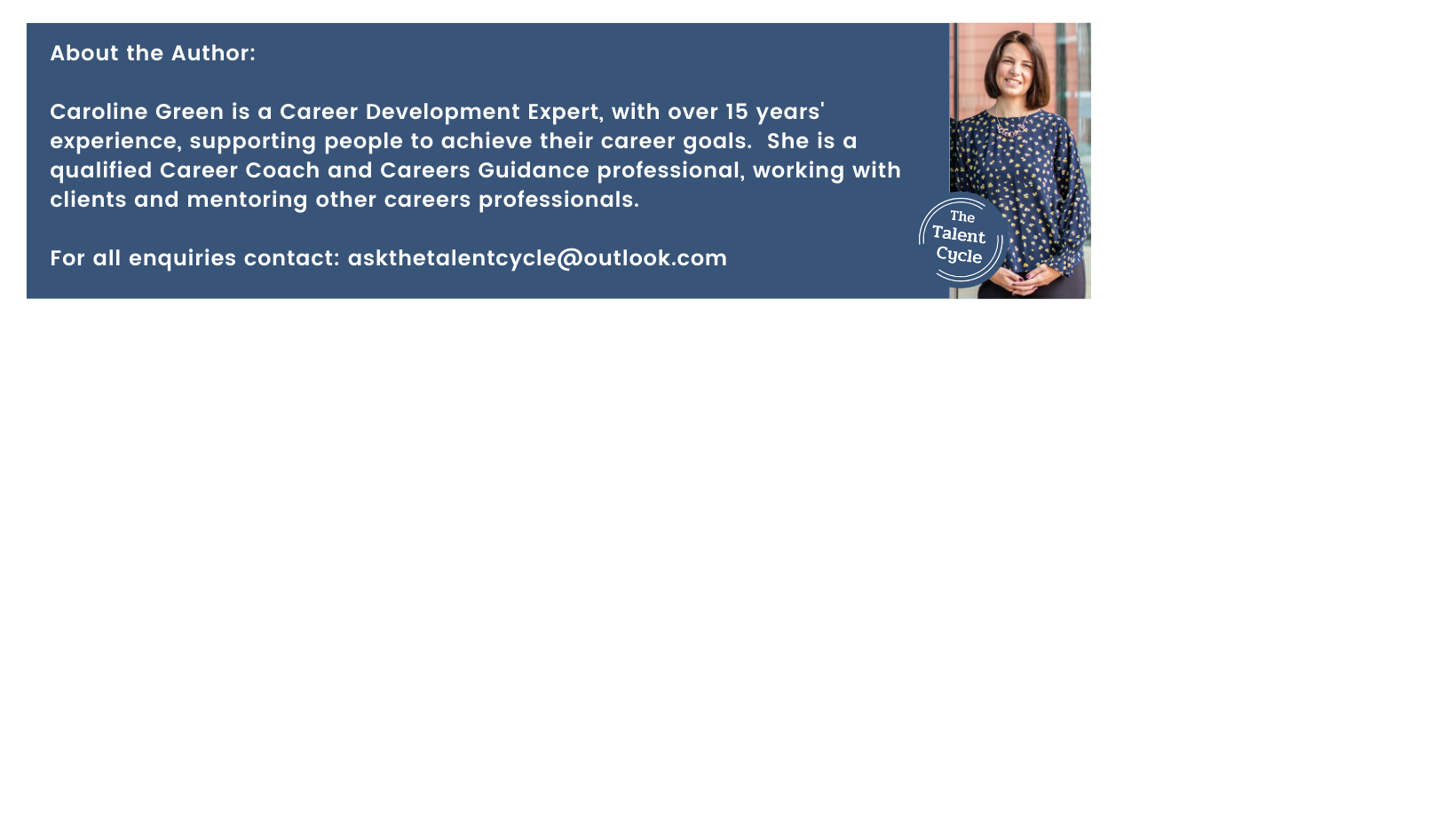
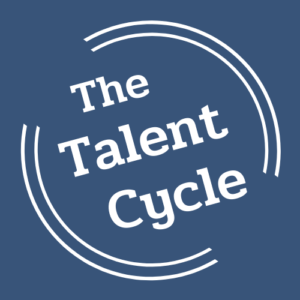
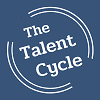
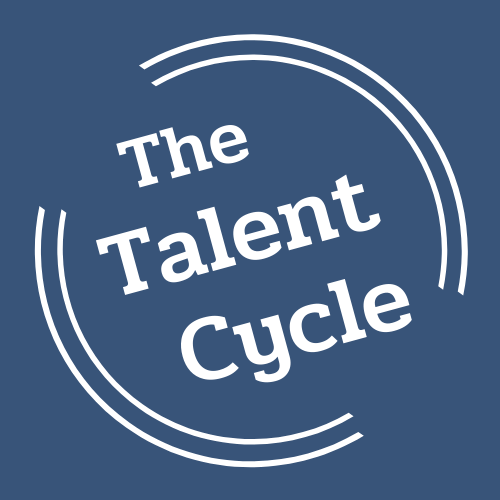


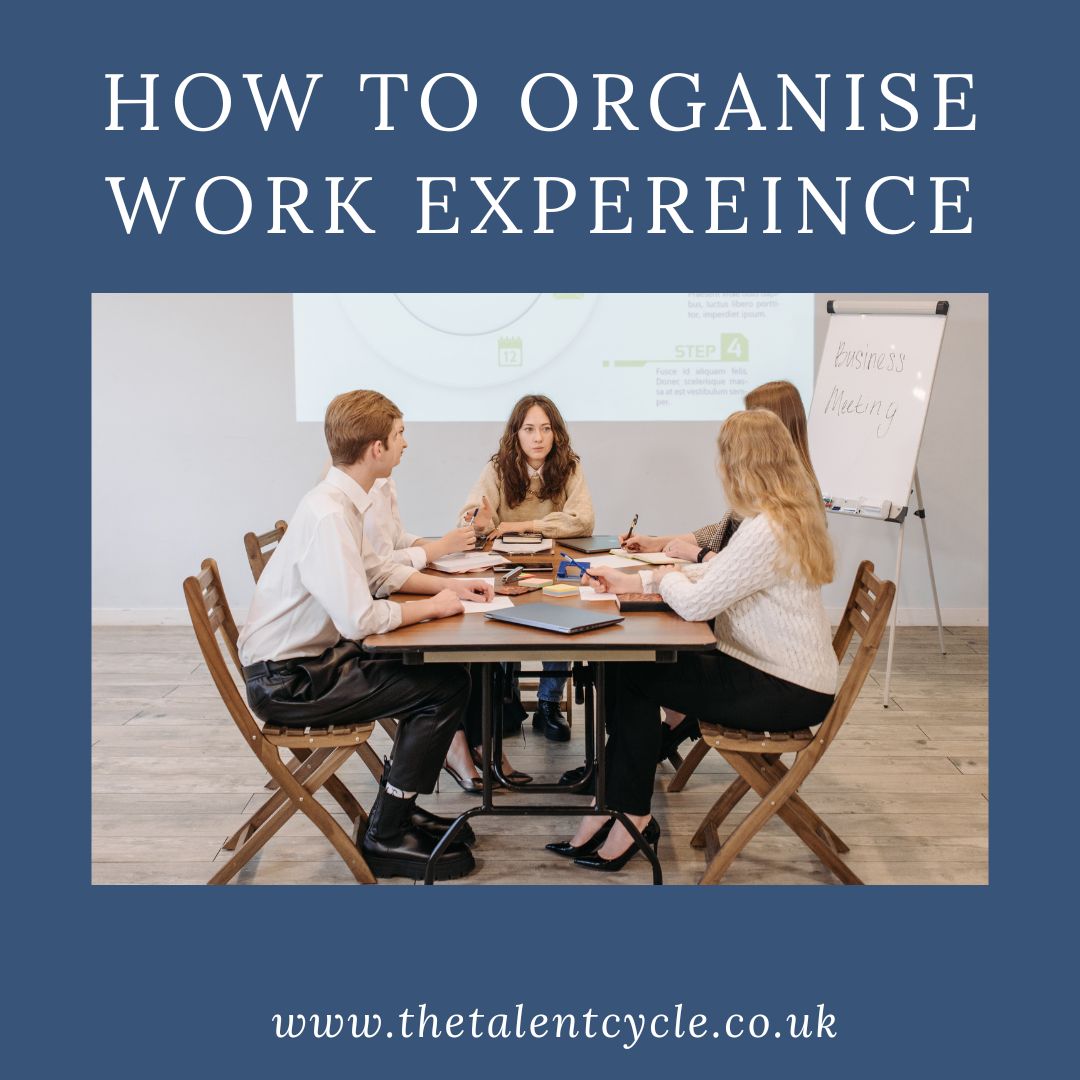
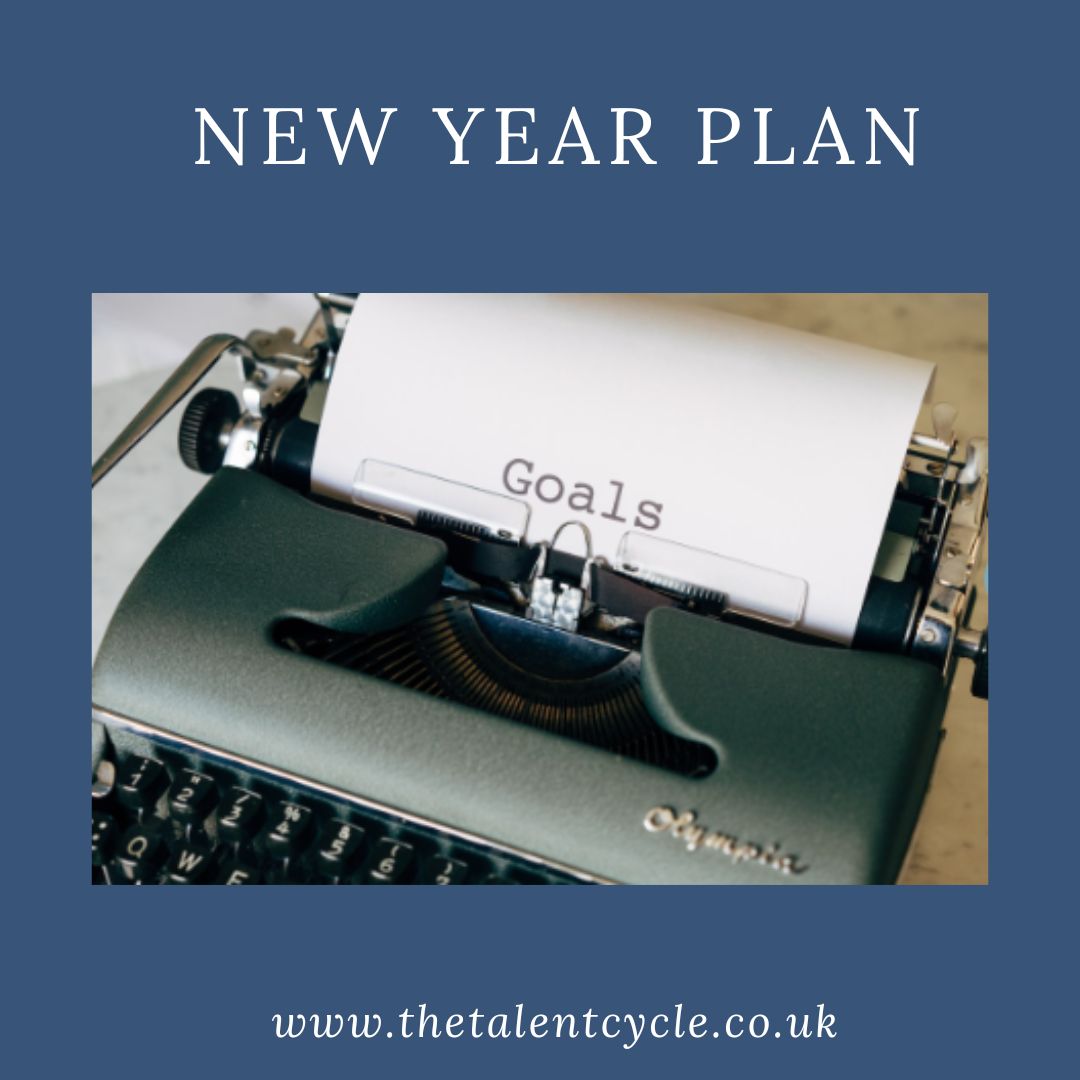

Leave A Comment